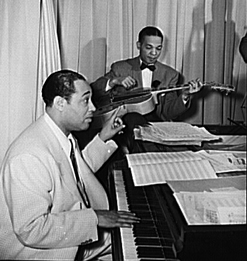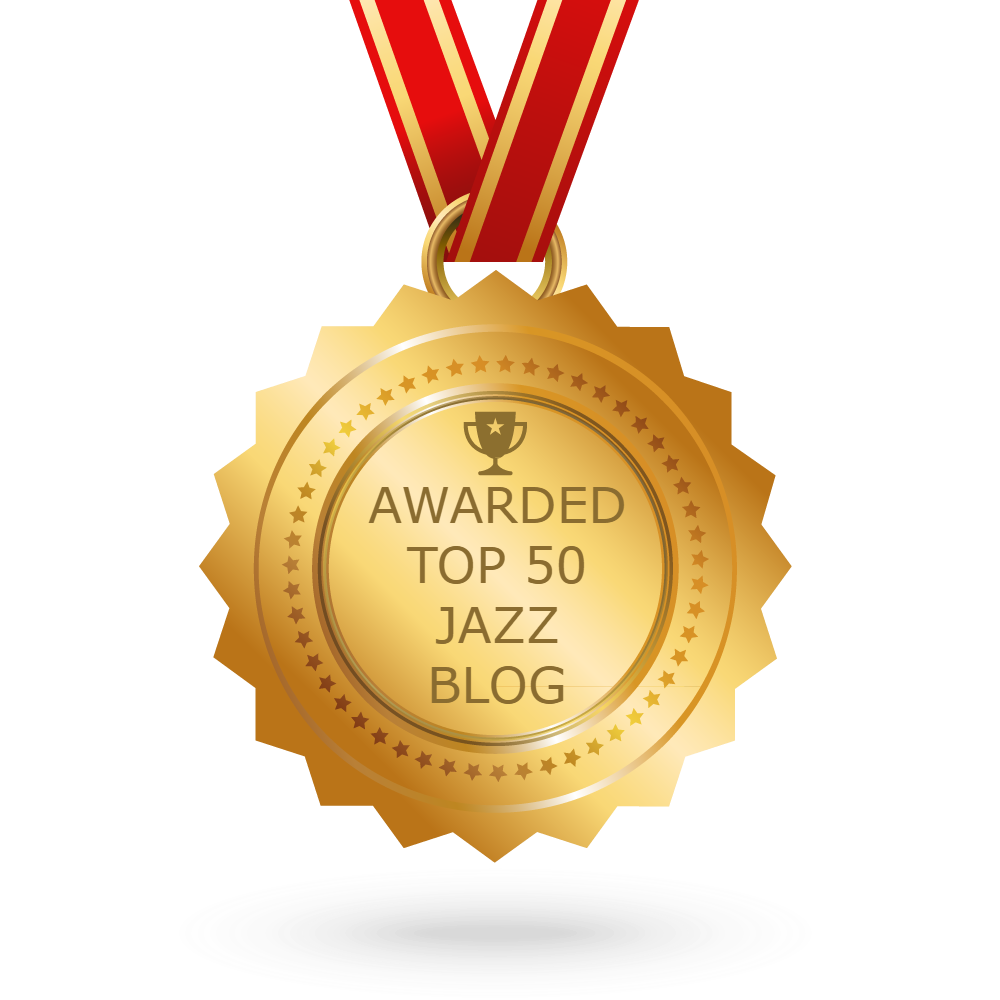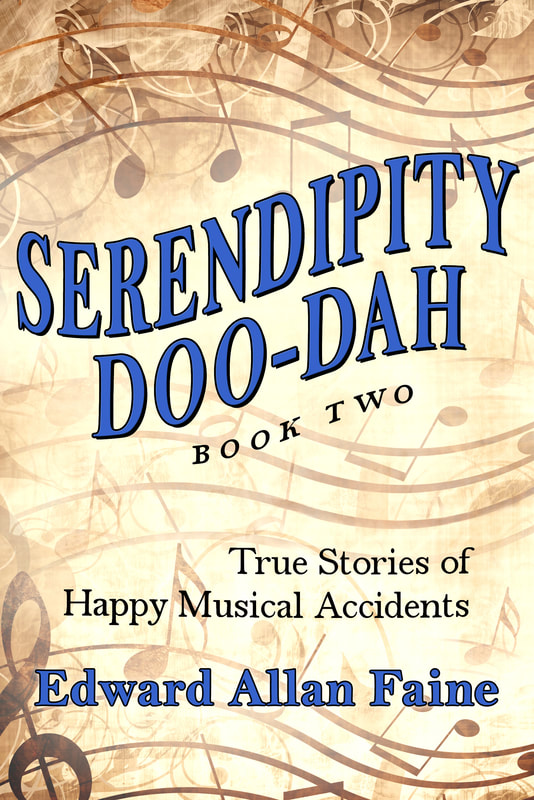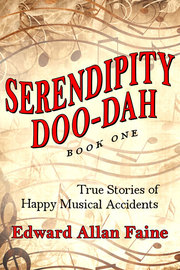| As a preeminent writer on American popular song (and perhaps the best at what he does), Will Friedwald microscopes Ellington the “accidental songwriter” in The Cambridge Companion to Duke Ellington. "Accidental," because as he says, “The great majority of his most celebrated songs were not conceived as songs originally, but rather as ‘absolute music’—as pure instrumentals.” |
I’ll try to explain.
Standard jazz practice has been from the outset to individualize the material, change tempo, discard the melody, alter the harmony, in whole or in part, whatever, but only for popular songs not songs by jazz musicians (with few exceptions). Since Ellington was the foremost jazz composer, his songs were rarely rearranged, always treated with respect, played at the tempo as in the original. Hence, Duke joins songwriters Bob Dylan, John Lennon, Carole King, Billy Joel— whoever you want to name; it’s rare to rewrite their songs as well.
Friedwald mentions one exception, a 1956 recording by the Eddie Condon band where they played “Don’t Get Around Much Anymore” as a ballad. Up to that time, it had always been played at Duke’s more upbeat tempo, set in large part by its instrumental predecessor “Never No Lament.”
Another convention-shattering moment occurred at the White House tribute for Ellington on his 70th birthday with Duke in the audience! Gerry Mulligan rearranged one of the maestro’s most esteemed ballads “Prelude to a Kiss” as a medium up-tempo romp featuring several contrapuntal exchanges by members of the all-star band. Traditionalists in the audience were compensated later in the program with a more familiar rendering of “Prelude” by vocalist Mary Mayo.
Friedwald goes on to say that of the major American popular songwriters (and by that he means the Big 6: Jerome Kern, Irving Berlin, Cole Porter, George Gershwin, Richard Rodgers, and Harold Arlen), Duke was the only first-rank jazz musician. Fair enough, but if one loosens the qualifiers “major” and “first-rank,” then that opens the door for Fats Waller, Hoagland Carmichael, and Peggy Lee.
A pet peeve of mine is that no one has tackled the obvious: who in fact is the greatest American composer? Or better said, among the top ten greatest—the Big 6, Duke and Hoagy, and two others (pick ’em)—who would poll first, second . . . 10th?
It is often said that Ellington is one of the 20th century’s greatest composers. But is he the greatest? Interestingly, Edward Green, the editor of The Cambridge Companion to Duke Ellington, has reached that conclusion:
I am among a large and ever increasing number of people who see Duke Ellington as America’s greatest composer. I also think a good case can be made that, all in all, Ellington . . . was the most influential composer of the twentieth century—for jazz, with its various stylistic offspring, has had more impact worldwide than any other form of modern music. And Ellington is acknowledged almost universally as the greatest of all jazz composers.




 RSS Feed
RSS Feed